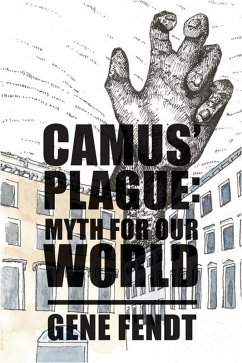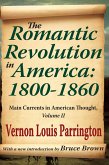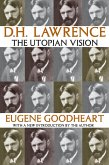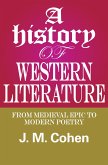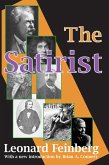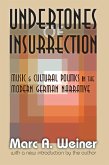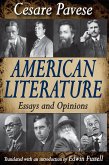A year into the global pandemic, Gene Fendt repositions the attention of the Western world on a literary classic that bears a vital perspective. Presently, civilization cannot allow itself to think about being better. First it has to survive. Referencing Thomas Merton's claim that Camus' fictional account is actually a "e;modern myth about the destiny of man"e; and indication of the blight of "e;ambiguous and false explanations, interpretations, conventions, justifications, legalizations, evasions which infect our struggling civilization,"e; Fendt makes the case that "e;modernity itself is a time of plague."e; Fendt asserts that perhaps the originality of the modern plague is that most people admit of no symptoms. This chilling likeness to the asymptomatic Covid-19 victim is but one of the images of what the plague stands for in both the novel and contemporary society. The existentialist fiction of Camus is unwrapped by Fendt s fidelity to realism and Camus motivations as an artist. As Camus calls nihilistic art and culture barbaric, Fendt calls the barbarian a natural slave. If we are moved by the forces of powers that be without sense or knowledge of a proper end, we too have been rendered worse than ignorant. Beyond the presentation of The Plague as a myth, Fendt also provides generous insight into elements of this work that give an autobiographical portrait of Albert Camus artistic development. He provides an intelligent challenge to labeling Camus an atheist, if Camus is truly the artist Fendt believes him to be. It is also an unlikely but important contribution to the political philosophical study of solidarity.
Dieser Download kann aus rechtlichen Gründen nur mit Rechnungsadresse in A, B, BG, CY, CZ, D, DK, EW, E, FIN, F, GR, HR, H, IRL, I, LT, L, LR, M, NL, PL, P, R, S, SLO, SK ausgeliefert werden.

